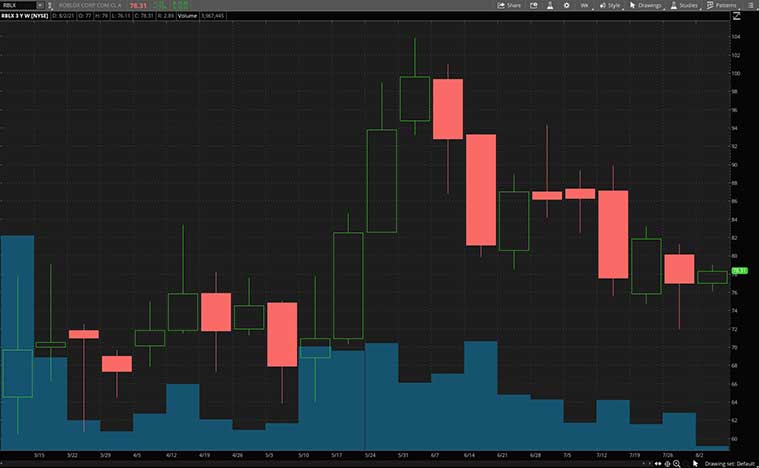Stock market: Know the pros and cons of short-selling stocks.
Short-selling allows investors to make a profit from falling markets while also safeguarding their portfolio by hedging against market corrections on the shorted stock as well as other stocks in their portfolio.
If an investor believes a stock's price is likely to decline, he can typically wager against it rising. If he owns the stock, he can sell it, and if he doesn't, he can sell it as well. Short-selling is the term for the latter situation. He's hoping that the price will drop and he'll be able to buy it again and pocket the difference. This is a ‘sell high, buy low' technique that allows investors to earn even while the market is falling.
In the spot market, Indian regulators enable investors to participate in intra-day short selling. Investors who short-sell stocks must receive delivery of their shares. It means that all short-selling positions in the spot market must be covered by buying back similar quantities of shares within the same day's trading hours. Investors can, however, use futures and options to engage in intraday short-selling.
Practice of short-selling
Short-selling is used by arbitragers, hedgers, and traders in addition to speculators. Short-sellers must first borrow shares from a securities lending market over-the-counter. Stocks are lent through intermediaries, which are specialised teams within financial organisations that borrow shares from custodial services whose clients (such as insurance companies, pension funds, and other institutions) have given them permission to do so.
Owners of shares rent them out in the market to improve their performance (by roughly 25 to 50 basis points) while remaining confident that they can reclaim them at any time.
The borrower is usually required to provide a guarantee in the form of cash or stock in the lending arrangement. The guarantee amount is close to 100 percent of the value of the shares and is discussed and decided on a case-by-case basis.
The short-seller then buys the shares back on the open market to return them to the lender, effectively closing the transaction and the securities loan. Retail investors who do not have access to such lending facilities are deemed to be borrowing from their brokers in exchange for cash or other stock holdings.
Advantages of short-selling
Short-selling is a strategy employed by financial market intermediaries (for example, stock brokers) to make money. It improves market liquidity and efficiency while also assisting in price regulation, particularly for expensive stocks. Short-selling allows investors to benefit even while the market is dropping, as well as safeguard their portfolio by hedging against a market correction on the shorted stock and other equities in their portfolio.
Short-selling involves less money and allows profit to be realised without the requirement to own the stock. As a result, it allows investors to take use of leverage to have access to more investment and profit opportunities.
The risks involved
Short-selling carries a potentially limitless risk. Those who are long on a stock (i.e., those who have purchased the stock) are only risking 100% of their investment. Because the upside potential of share prices is theoretically infinite, short-sellers' risk is usually unbounded.
As a result, if the stock price rises sufficiently before he can buy back the shares needed to cover his short position, a short-loss seller's might be enormous.
Short-selling also entails a delivery risk, as the short-seller may not be able to restore the shares within the same day (for example, if stock prices hit the upper circuit due to high demand) since he will not be able to provide delivery of shares during the settlement period.
In this circumstance, the investor's broker would purchase the stock through the auction market on the investor's behalf (at a much higher price, in most cases). Investors must also pay a substantial penalty charge to the clearing member if they default.
In general, short-selling helps the financial markets work in a variety of ways. It improves market efficiency and makes it easier for investors to adopt the method for hedging, speculating, and other purposes.
Short-selling requires a thorough understanding of market dynamics such as direction, volume, liquidity, volatility, and so on. Technical analysis knowledge may be useful in better understanding this.
To minimise unnecessary large risk exposure, retail investors with little knowledge about the same should avoid from short-selling.

